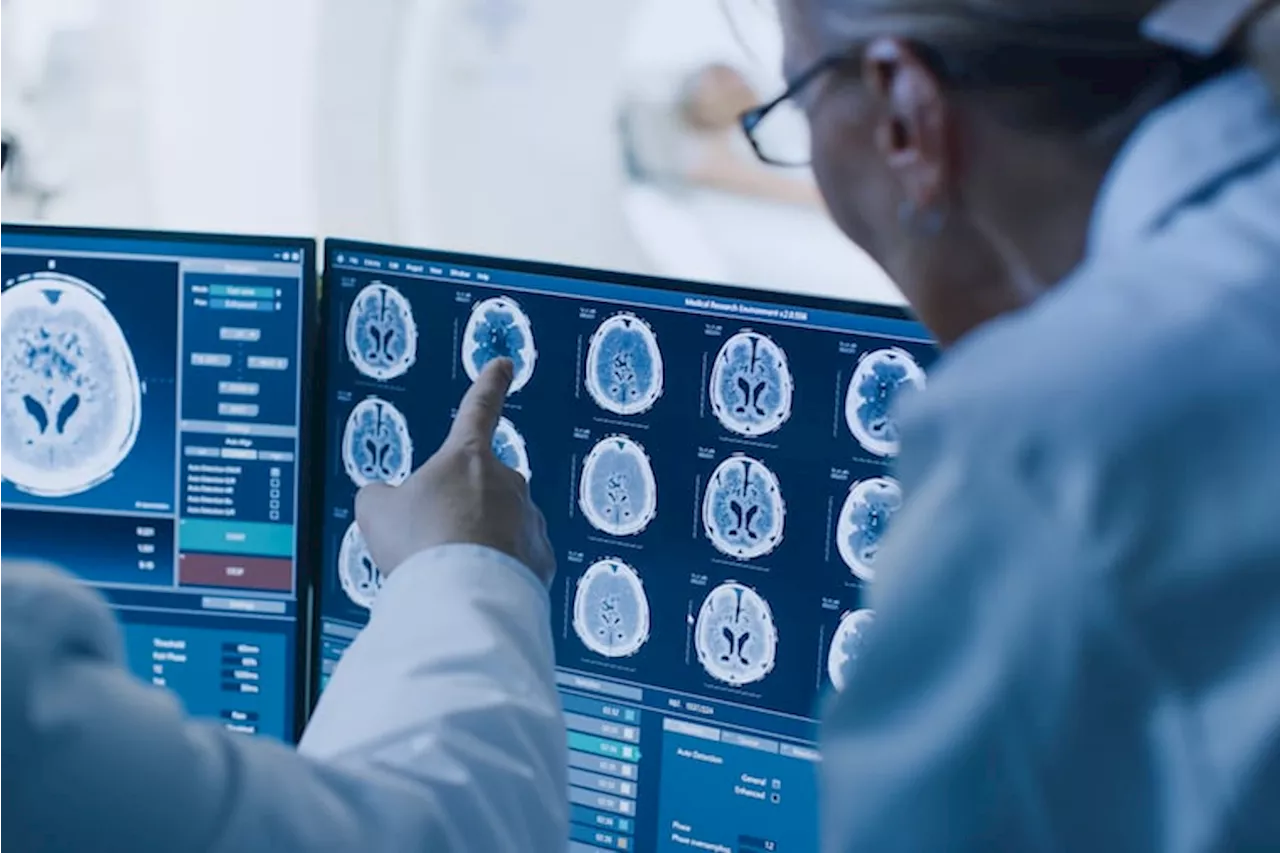Recent research suggests that infections might play a role in triggering or worsening Alzheimer's disease. This theory, once considered unconventional, is gaining traction as scientists investigate the link between inflammation in the brain and microbial infections.
Even as new drugs come to market, further study appears to point to infections as a possible cause for the debilitating disease that affects more than 7 million people in the U.S. alone.Research on Alzheimer’s disease is approaching a much-needed tipping point. The media spotlight has been on newly available drugs like lecanemab and donanemab that target the protein plaques associated with the disease’s progression.
But a burgeoning consensus is emerging around a longstanding hypothesis that was once considered unorthodox and quixotic: Infections may trigger or exacerbate Alzheimer’s disease and other neurological conditions.A hallmark of Alzheimer’s disease, the most common form of dementia globally, is chronic brain inflammation. For decades, Alzheimer’s disease researchers have searched for a missing puzzle piece: What drives this inflammation? Now, spurred by the prolonged neurological symptoms that many people experienced after COVID-19 infections, such as brain fog and loss of their sense of smell, scientists are. Another is an airborne bacterium, Chlamydia pneumoniae, that was first found in Alzheimer’s-diseased brains by Dr. Balin and colleagues as far back as 1998. Other microbes, such as those residing in the gut or the mouth, may impact and inflame the brain by triggering body-wide inflammatory responses. The fact that some bacteria appear to protect some people against this inflammation only reinforces the complex and important relationship between humans and our many invisible passengers.and Alzheimer’s disease. Several neurological conditions, including multiple sclerosis, have been linked with infections or changes in the collection of microbes inside all of us, but establishing a causal relationship has remained elusive.Knowing all this, why aren’t we more focused on testing and treatments for potential infectious drivers of inflammatory diseases? There are three key reasons. - Medical paradigm shifts are notoriously slow
ALZHEIMER's DISEASE INFECTIONS BACTERIA INFLAMMATION NEUROLOGICAL DISEASES
United States Latest News, United States Headlines
Similar News:You can also read news stories similar to this one that we have collected from other news sources.
 Your Cerebrospinal Fluid May Hold a Blueprint For Treating Alzheimer'sThe Best in Science News and Amazing Breakthroughs
Your Cerebrospinal Fluid May Hold a Blueprint For Treating Alzheimer'sThe Best in Science News and Amazing Breakthroughs
Read more »
 Deep Belly Fat May Help Spur Alzheimer's Decades Before Symptoms BeginAn accumulation of fat lurking around the organs of obese people is strongly linked to a buildup of Alzheimer's-linked proteins in the brain, new research finds.
Deep Belly Fat May Help Spur Alzheimer's Decades Before Symptoms BeginAn accumulation of fat lurking around the organs of obese people is strongly linked to a buildup of Alzheimer's-linked proteins in the brain, new research finds.
Read more »
 Study Shows Holding Onto This Fat In Your 40s & 50s May Predict Alzheimer’s RiskAnd how to improve your body composition.
Study Shows Holding Onto This Fat In Your 40s & 50s May Predict Alzheimer’s RiskAnd how to improve your body composition.
Read more »
 Taxi and Ambulance Drivers May Have Lower Risk of Alzheimer'sA new study suggests a possible link between driving taxis or ambulances and a lower risk of developing Alzheimer's disease.
Taxi and Ambulance Drivers May Have Lower Risk of Alzheimer'sA new study suggests a possible link between driving taxis or ambulances and a lower risk of developing Alzheimer's disease.
Read more »
 Taxi and Ambulance Driving May Lower Alzheimer's RiskA new study suggests that taxi and ambulance drivers may have a lower risk of Alzheimer's disease compared to other occupations.
Taxi and Ambulance Driving May Lower Alzheimer's RiskA new study suggests that taxi and ambulance drivers may have a lower risk of Alzheimer's disease compared to other occupations.
Read more »
 Vitamin D May Lower Alzheimer's Risk: StudyA new study suggests a link between sufficient vitamin D levels and a reduced risk of developing Alzheimer's disease. Researchers followed a large group of adults for 14 years, analyzing their vitamin D status, supplements, and dementia diagnoses. The findings indicate a potential 17% reduction in Alzheimer's risk for those with adequate vitamin D.
Vitamin D May Lower Alzheimer's Risk: StudyA new study suggests a link between sufficient vitamin D levels and a reduced risk of developing Alzheimer's disease. Researchers followed a large group of adults for 14 years, analyzing their vitamin D status, supplements, and dementia diagnoses. The findings indicate a potential 17% reduction in Alzheimer's risk for those with adequate vitamin D.
Read more »
